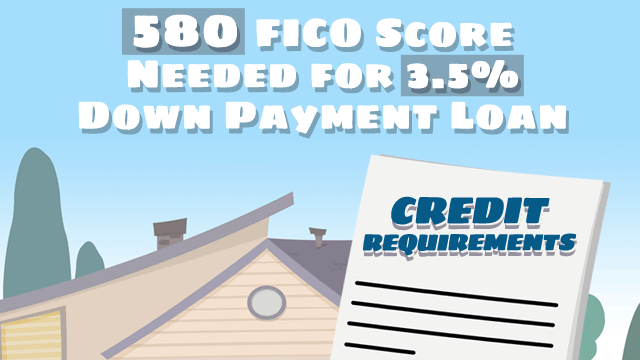FHA Loan Basics: Acceptable Property Types
December 11, 2024
Eligible Homes
FHA loans are primarily intended for primary residences—homes that borrowers will occupy as their main dwelling. This includes single-family homes, townhouses, and even multi-unit properties like duplexes or triplexes, provided the borrower lives in one of the units.
Condominiums can also be eligible, but the project must be FHA-approved or added to the approved list. It must also meet specific owner-occupancy rates, financial reserves, and insurance coverage standards.
In some cases, a condo unit may be approved for an FHA loan even without being on that list. Ask your lender about this option.
Manufactured homes can also qualify but must adhere to HUD Code manufacturing standards and be permanently attached to a foundation.
However, certain property types are not eligible for FHA financing.
No Investment Properties
Investment properties purchased solely for rental income, vacation homes, and commercial properties are not eligible for FHA financing.
Additionally, properties in disrepair may not qualify for an FHA purchase loan unless the necessary repairs are completed before closing. Such properties may qualify for an FHA rehabilitation mortgage, and this is an option worth considering.
Standard FHA loans are not designed for extensive renovations. The FHA 203(k) loan offers a solution for purchasing and rehabilitating a fixer-upper. This program has specific guidelines regarding eligible repairs and cost limitations.
There’s No One-Size-Fits-All FHA Mortgage
It's important to recognize that FHA loans for different property types have unique requirements. For example, condominium projects undergo a more rigorous approval process, including a review of the project's financial documents and governing rules.
Manufactured homes must meet specific construction and safety standards, and depending on the circumstances, there may be restrictions on financing homes located on leased land.
Understanding the nuances of FHA loans and eligible property types is crucial for prospective homebuyers.
It is always recommended that you consult with an FHA-approved lender to discuss your individual circumstances and find the most suitable loan program for your needs.

FHA Loan Articles
December 17, 2024The Federal Housing Administration provides mortgage insurance on loans made by FHA-approved lenders, making homeownership more attainable for those who might not qualify for conventional loans.
While financial factors like credit score and debt-to-income ratio are key to loan approval, other non-financial aspects can also cause a denial.
December 11, 2024FHA loans, insured by the Federal Housing Administration, are a popular choice for many homebuyers, especially those who need a lower downpayment or more forgiving credit qualifying requirements. FHA loans are primarily intended for primary residences—homes that borrowers will occupy as their main dwelling.
December 10, 2024The FHA announced increased loan limits for 2025, providing those seeking FHA-insured mortgages after January 1st with increased purchasing power. In this article, we explore the key aspects of these limits and their implications for your homeownership goals.
When you are approved for an FHA-insured loan, the FHA guarantees a portion of the loan to the lender, lowering lender risk...
December 9, 2024The Federal Housing Administration (FHA) helps people buy homes, especially those buying for the first time or who might not have perfect credit. In 2025, there is good news for FHA borrowers. FHA home loan limits are going up.
In most places, the FHA loan limit for a single-family home in 2025 is $524,225. This is more than it was in 2024. However, in expensive areas, where houses cost more, the limit can be as high as $1,209,750.
December 5, 2024The Federal Housing Administration (FHA) has some ground rules regarding cash-out refinances. These rules are designed to protect both you and the lender, ensuring you have enough ownership of your home and reducing the risk of foreclosure. How long must you own your home before you can apply for FHA cash-out refinancing?







